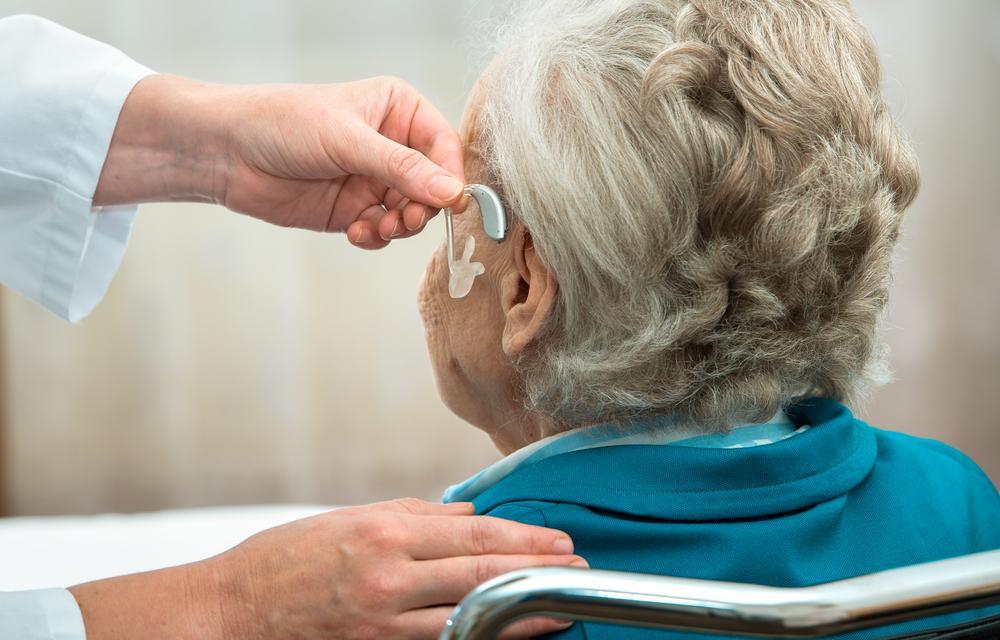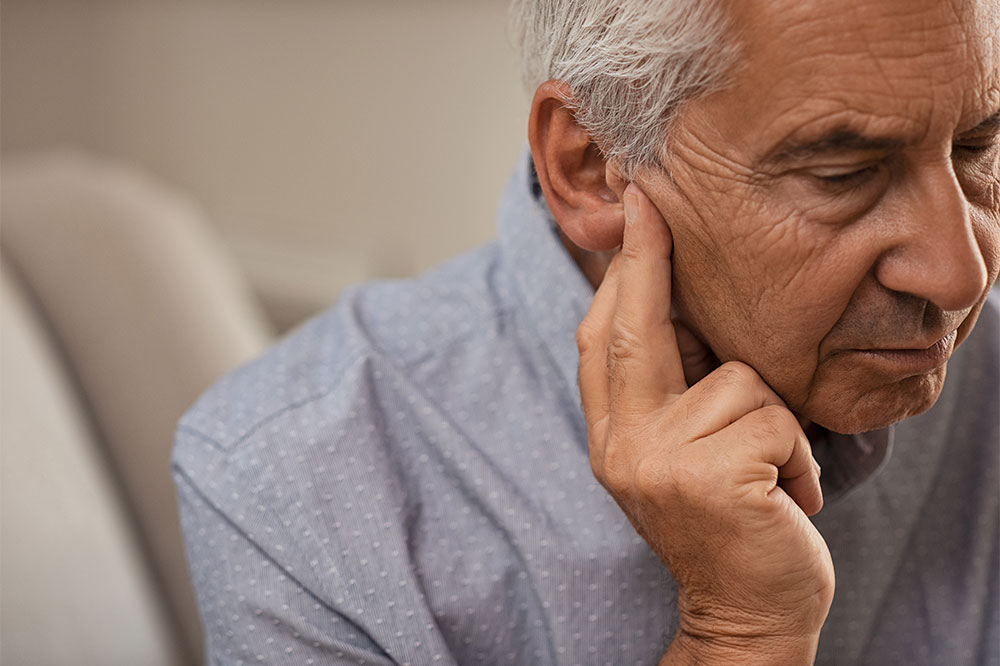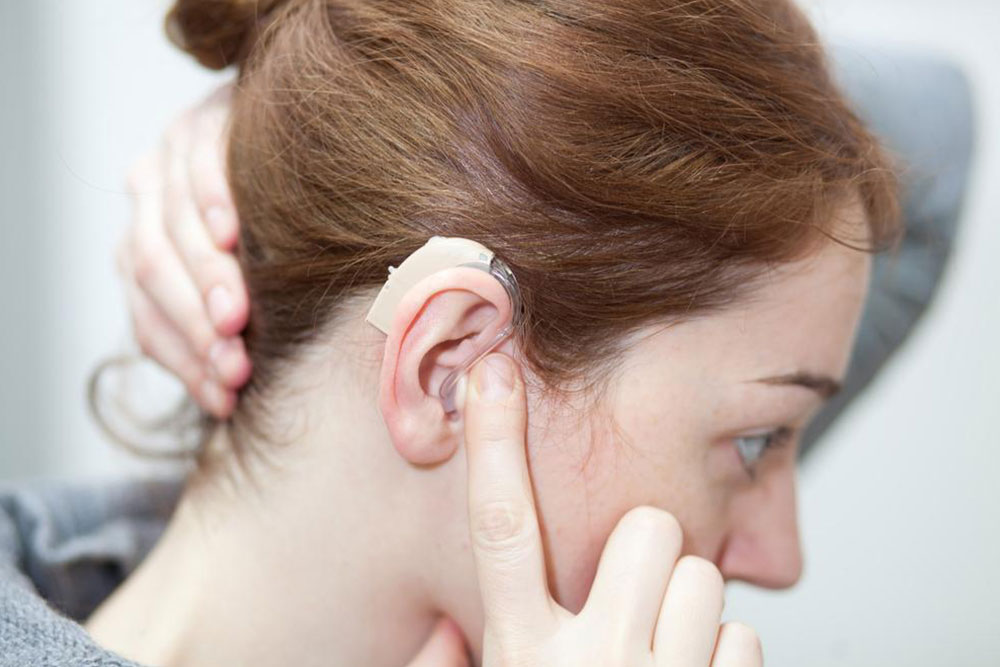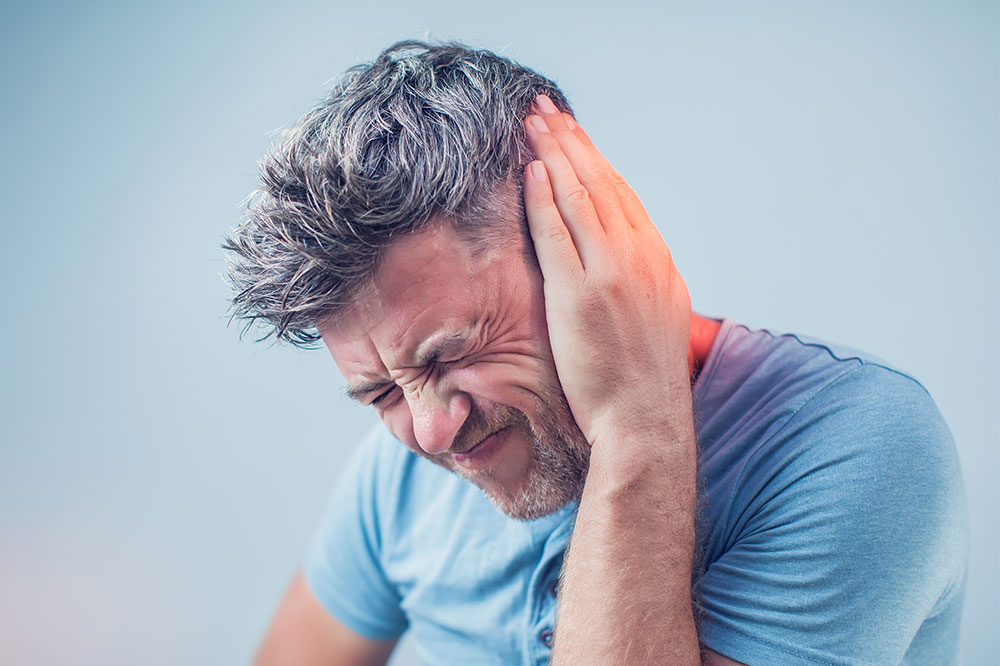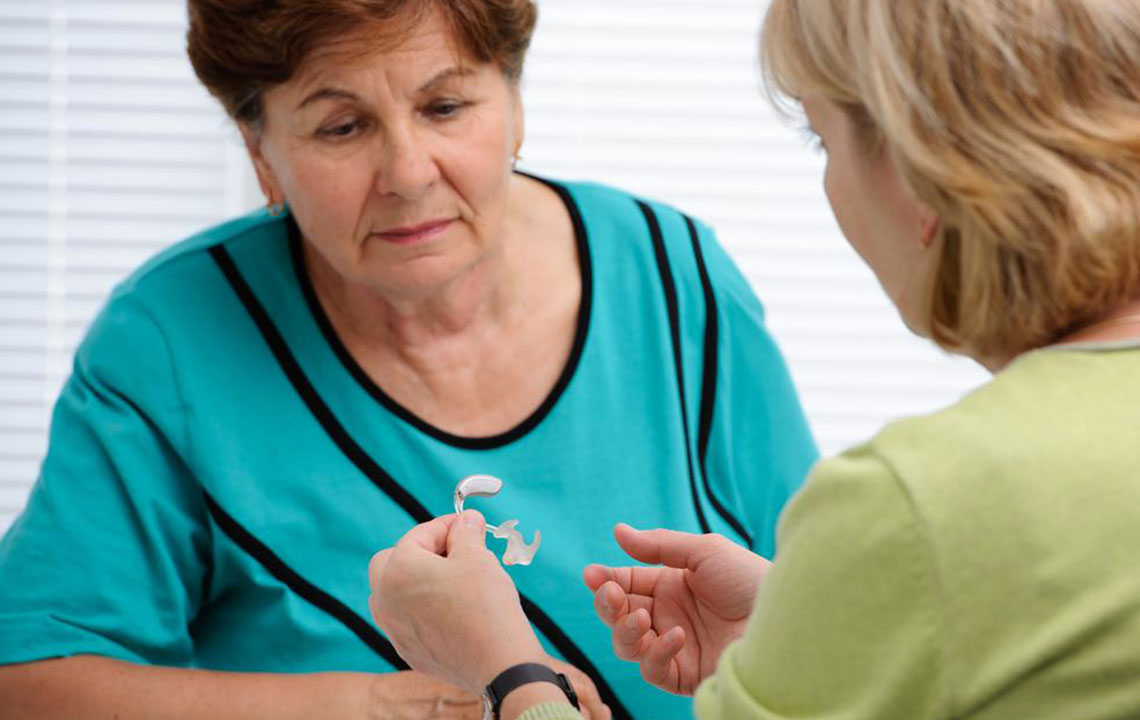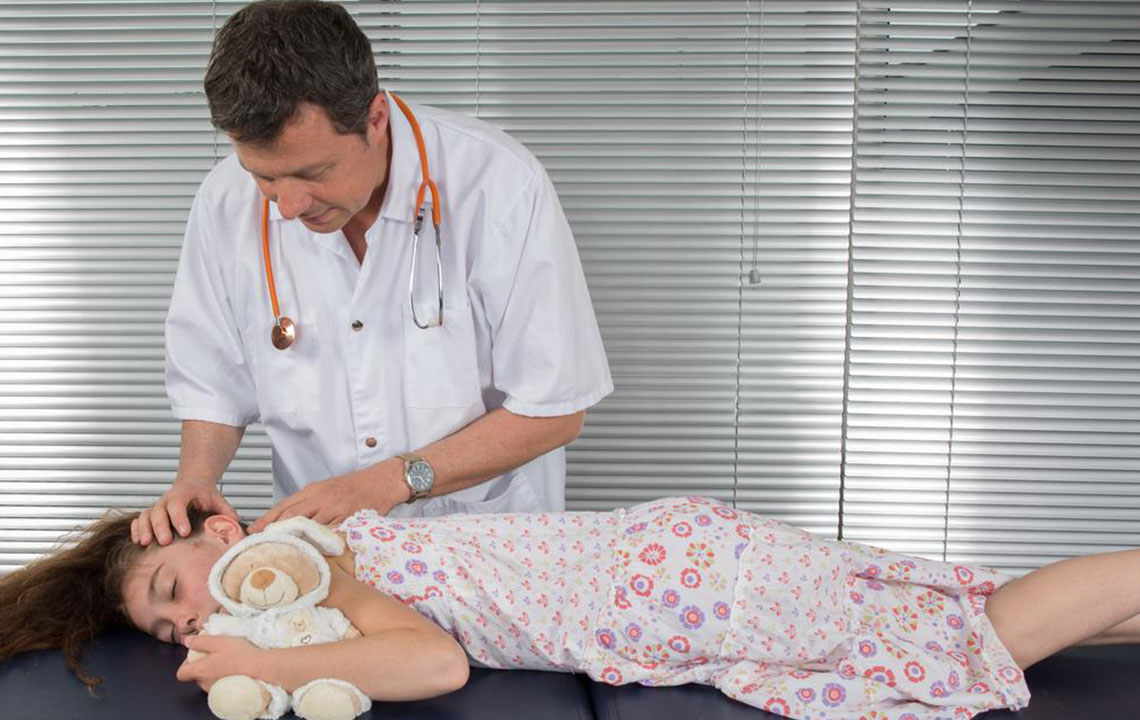Understanding Hearing Loss Due to Aging
Age-related hearing loss develops gradually and affects many seniors. Recognizing symptoms early and consulting an ENT specialist can help manage the condition. Treatments like hearing aids and lip reading improve communication and quality of life, though there’s no complete cure. Lifestyle factors, genetics, and medication can influence hearing decline, making awareness vital. Regular check-ups and appropriate interventions can support better hearing health as you age.
Sponsored
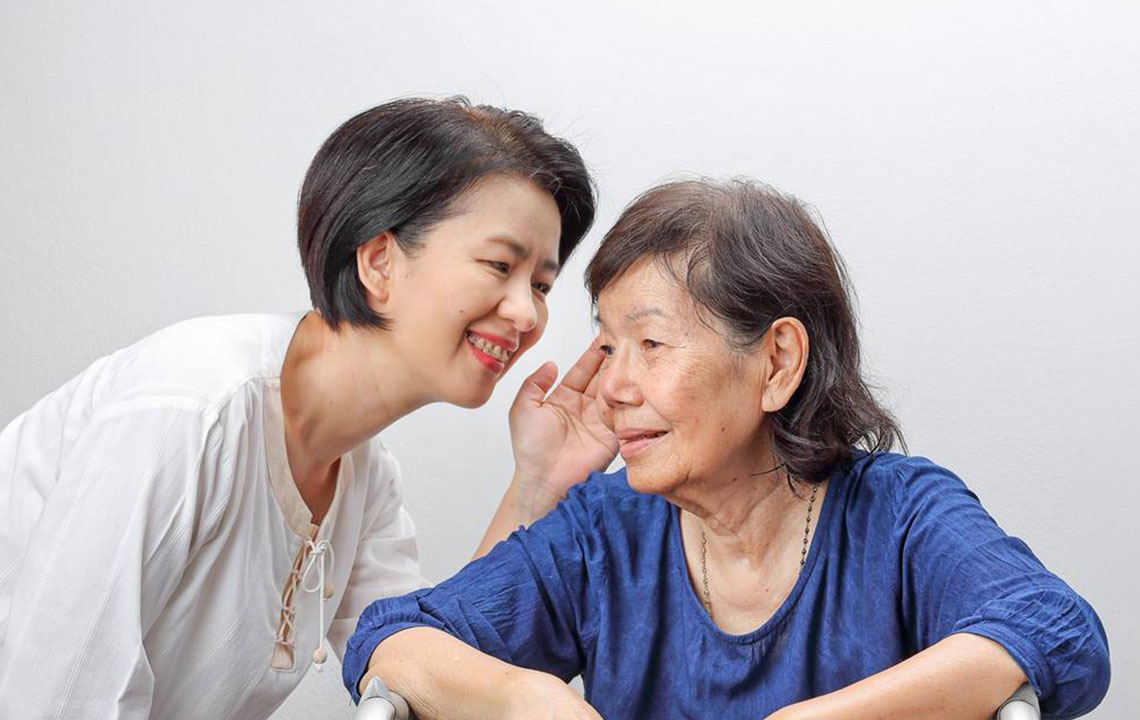
Hearing deterioration associated with aging develops gradually for many individuals. Often starting with mild hearing difficulties, it can eventually lead to complete deafness if left unaddressed. This condition typically affects both ears equally and progresses subtly, making it easy to overlook. Various factors can contribute to age-related hearing decline, including medical conditions, changes within the inner ear structures, nerve damage, decreased blood flow, hair cell deterioration, and altered brain processing of sound.
Genetics and lifestyle factors like exposure to loud noises over the years can also influence hearing health. Certain medications, such as chemotherapy drugs, might impact hearing as well. Recognizing early signs is crucial to managing the condition effectively:
Struggling to hear conversations
Frequently asking others to repeat themselves
Feeling irritated due to hearing difficulties
Confusing similar sounds like 's' and 'the'
perceiving some sounds as overly loud or overwhelming
Feeling uncomfortable in noisy environments
Testing your hearing with an otoscope or visiting an ENT specialist can help identify issues. Although there’s no cure for age-related hearing loss, treatments aim to improve daily communication, including:
Using hearing aids
Learning sign language for complete deafness
Utilizing amplified telephones
Practicing lip reading skills
These options can significantly enhance hearing and quality of life.

